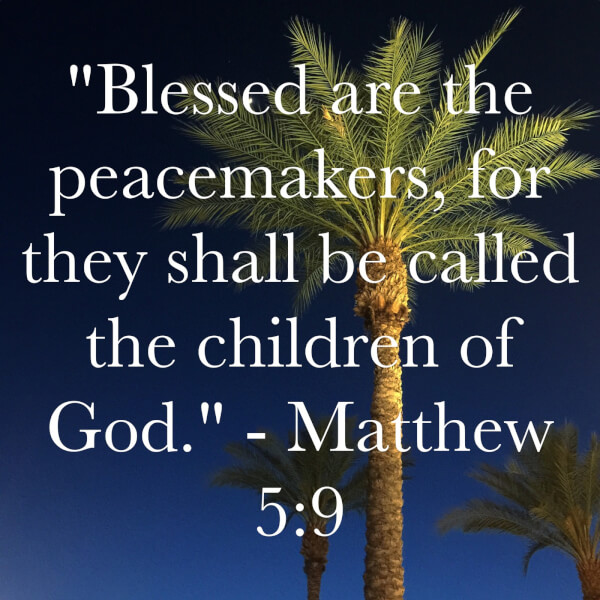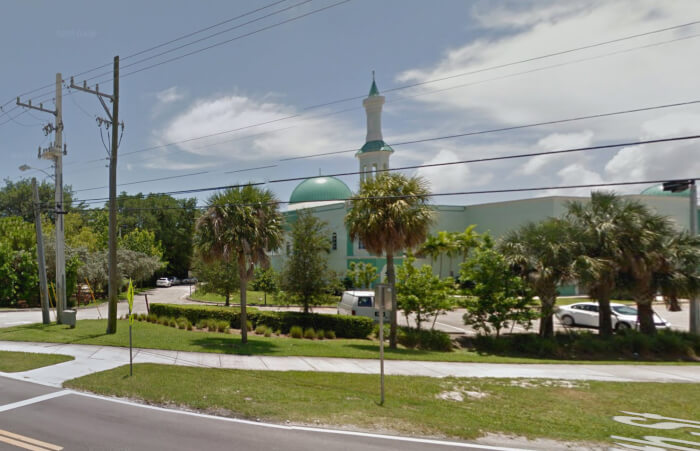CMEP Affirms United Nations and the Vatican’s Calls for Global Ceasefire
Churches for Middle East Peace (CMEP) applauds UN Secretary General António Guterres’ March 23 call for an immediate ceasefire in all corners of the globe. The ceasefire is especially critical in the Middle East as an effective response to the COVID-19 pandemic by reinforcing diplomatic action, creating conditions for the delivery of life-saving aid, and bringing hope to places where people are the most impoverished and vulnerable.
As an organization representing nearly 30 Christian denominations and organizations in the US, CMEP is proud that His Holiness Pope Francis and many other church leaders have stepped forward to endorse the Secretary General’s call. Reinforcing diplomatic action for peace and advocating for robust assistance to the most vulnerable populations in the Middle East, is a primary focus of CMEP’s work.

While some in the region have accepted the ceasefire call, many have not. In Syria, the Russo-Turkish ceasefire appears mostly to be holding. In Libya, General Hifter’s organization said it accepted the call but then launched new attacks. Likewise, in Yemen, the government and other organizations expressed limited support for the Secretary General’s ceasefire call, but violence has dramatically increased. Violence continues unabated in Iraq.
CMEP calls on all parties to conflicts in the Middle East to adhere to the ceasefire and make use of it to gain progress on resolving their conflicts, to allow aid to reach the victims, and to create an environment for reconciliation and justice.
CMEP’s executive director Rev. Dr. Mae Elise Cannon says, “As Christians around the world have just celebrated Easter, we remain in a season of hope. A global ceasefire would not only allow for the temporary resolution of conflict, but also the pursuit of permanent resolutions that would promote human rights, justice, and peace.”
CMEP is particularly concerned about recent actions by leaders in Israel who are working to create an emergency unity government in response to the COVID-19 crisis. Realities and human rights concerns caused by the occupation continue unabated during the pandemic. One of the main policies being discussed in the formation of the proposed emergency government is an agreement to vote on the annexation of large parts of the occupied West Bank.
Any annexation efforts would eliminate diplomatic action, foster violence, perpetuate the withholding of aid by the US government, and deprive both Palestinians and Israelis of hope for future reconciliation–the exact opposite effect desired during a global ceasefire.
CMEP joins other US organizations in calling for Israel’s government to cease movement toward annexation, and joins the many members of Congress in calling on the Trump administration to stop facilitating the confiscation of Palestinian land.
Formed in 1984, Churches for Middle East Peace (CMEP) is a coalition of 29 national church communions and organizations, including Catholic, Orthodox, Protestant, and Evangelical traditions that works to encourage US policies that actively promote a comprehensive resolution to conflicts in the Middle East with a focus on the Israeli-Palestinian Conflict. CMEP works to mobilize US Christians to embrace a holistic perspective and to be advocates of equality, human rights, security, and justice for Israelis, Palestinians, and all people of the Middle East.


- Israelisnipers shooting and killing hospital workers in Gaza - December 11, 2023
- CAIR Condemns Israeli Executions of Wounded, Unarmed Palestinian in West Bank - December 11, 2023
- Arab and Muslim American voters face a “simple choice” between Biden’s inhumanity and Trump’s edgy politics - December 9, 2023

























